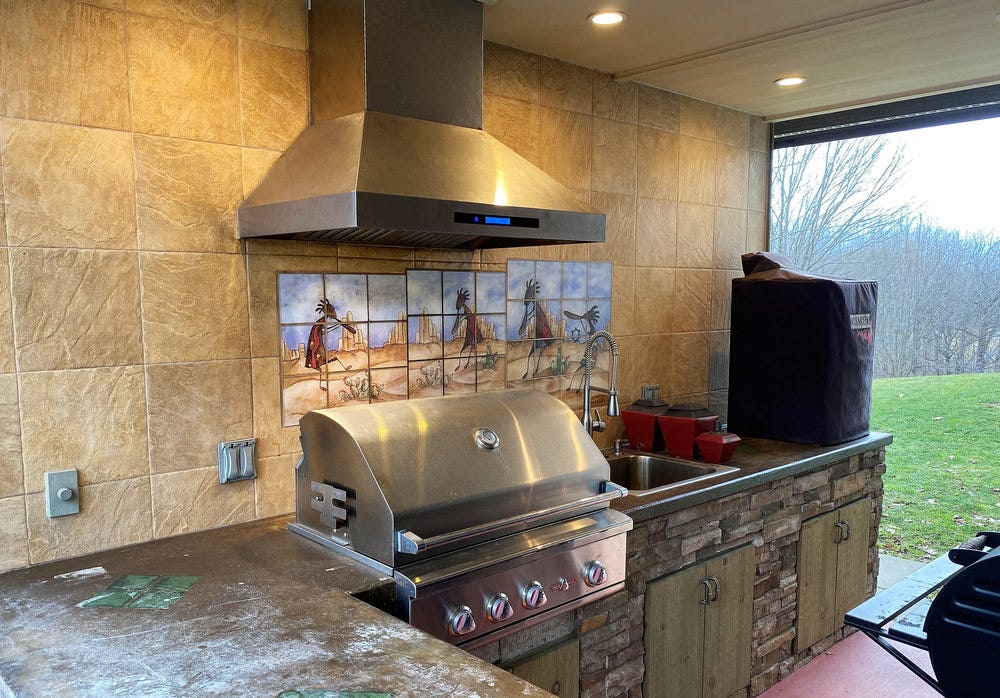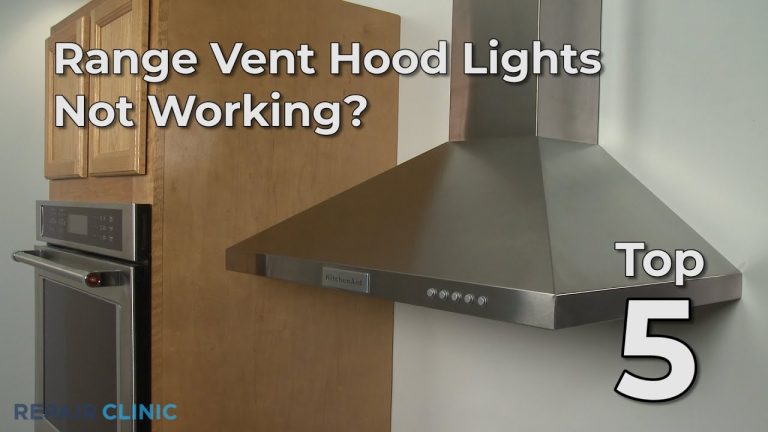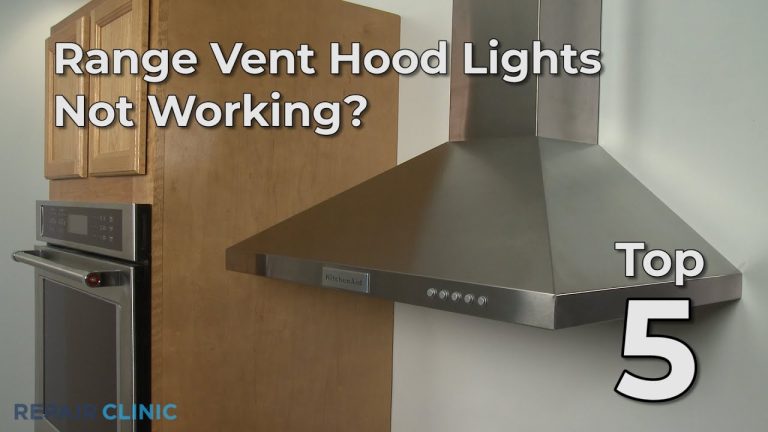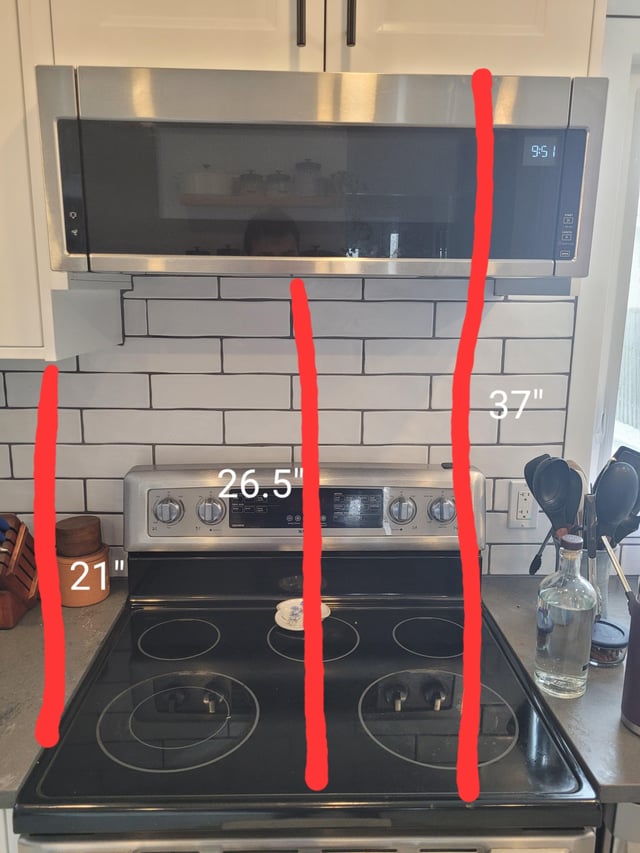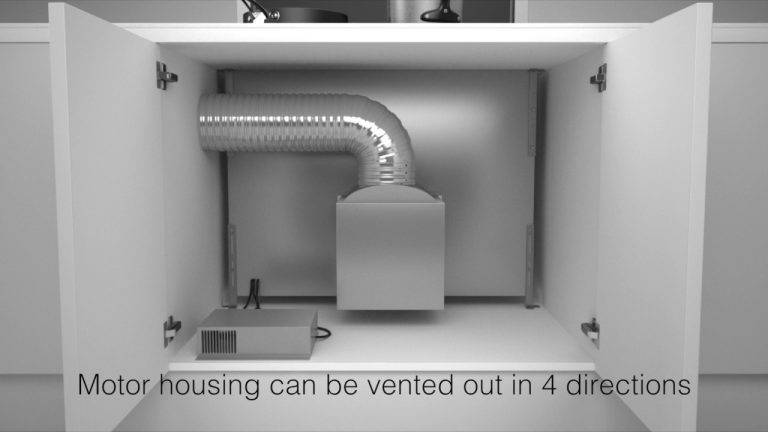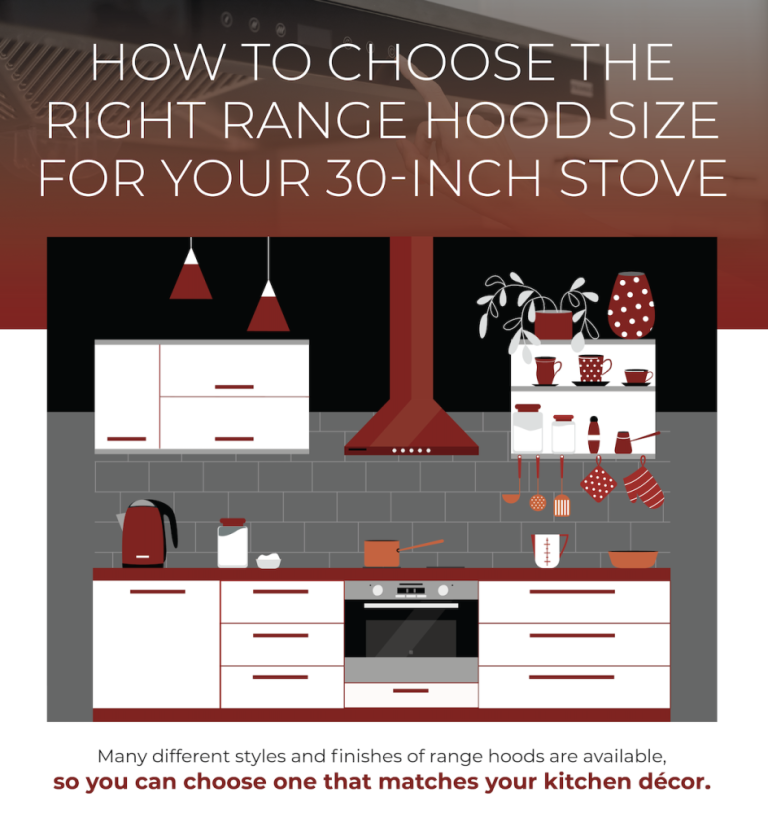A range hood is not explicitly required by code in Massachusetts. Local building codes may still necessitate proper ventilation.
Many homeowners wonder about the necessity of a range hood in their kitchens. In Massachusetts, while state codes do not explicitly mandate range hoods, local regulations might. Proper ventilation remains crucial to maintaining indoor air quality and safety. Range hoods help remove smoke, grease, and odors, enhancing kitchen hygiene.
Installing one can prevent moisture buildup, which can lead to mold growth. Homeowners should consult local building codes and consider installing a range hood for better air quality and compliance. This step ensures a healthier and safer cooking environment.
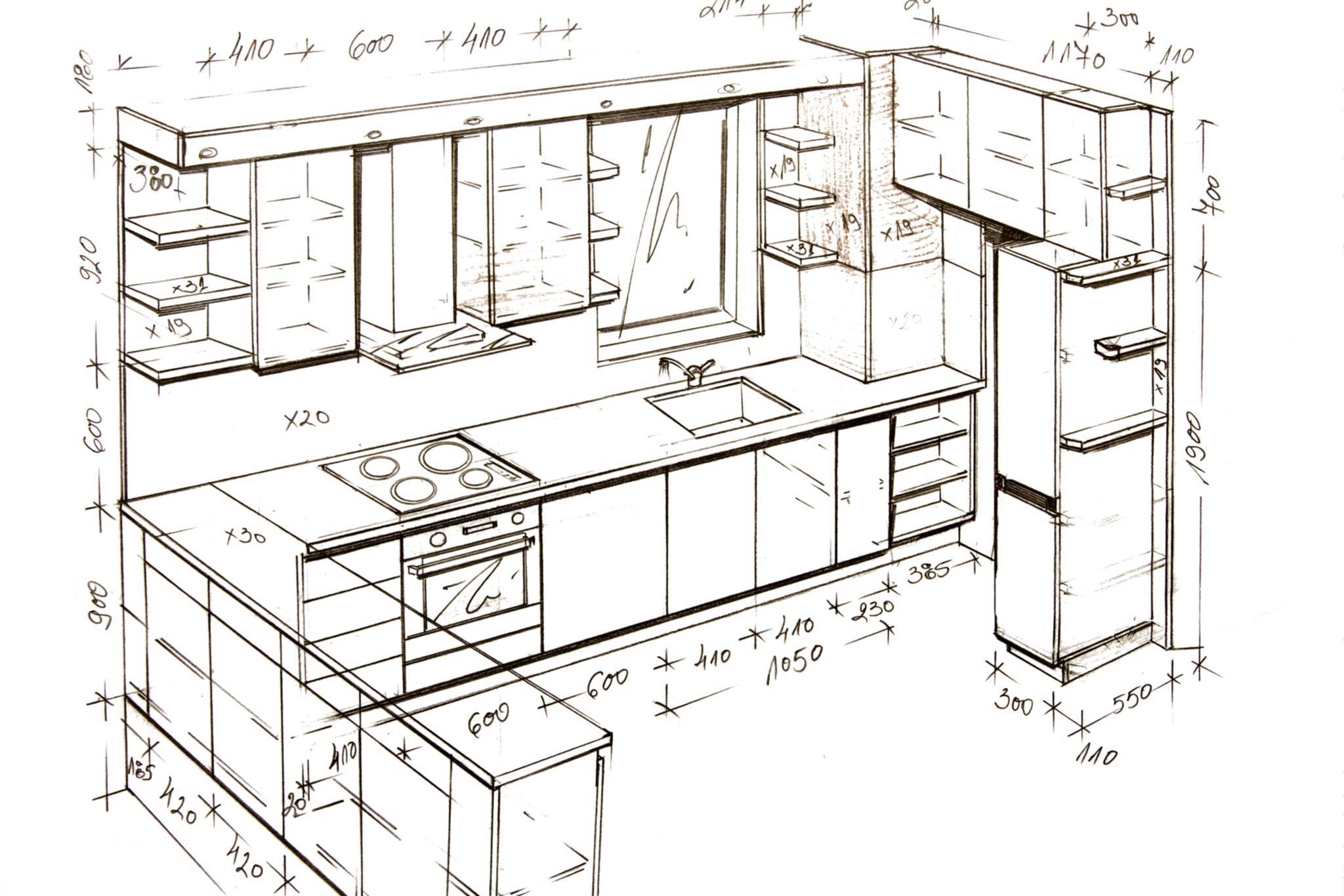
Credit: kitchennbathcenter.com
Massachusetts Building Codes
Massachusetts laws are strict about safety in homes. A range hood is often needed. It helps remove smoke and fumes. This keeps the air clean. The code says a range hood must have a vent. It should lead outside. This stops harmful gases from staying inside the house. Some areas might have extra rules. Always check with local authorities.
Commercial kitchens have different rules. They must follow stricter codes. A range hood is a must. It helps in keeping the workspace safe. It also helps in meeting health standards. The range hood must have a strong ventilation system. This ensures all smoke, steam, and grease go out. It protects the staff and customers. Always check the latest codes for updates.
Health And Safety Standards
Range hoods help to remove smoke, grease, and odors from cooking. This keeps the air clean and healthy. Without a range hood, pollutants can build up. This can lead to poor air quality in the home. Proper ventilation is very important for family health.
Range hoods also help to reduce the risk of fire. They capture grease and other flammable particles. This can prevent fires from starting on the stove. A clean range hood filter is also important. It helps to keep the kitchen safe.
Installation Guidelines
A range hood must vent outside. This removes smoke, grease, and odors. Use a duct that is the right size. The duct should be smooth and straight. Avoid sharp turns in the duct. Sharp turns block airflow. Clean the duct often to avoid blockages. This keeps air flowing freely.
Hire a licensed professional for installation. They know the local codes and rules. They ensure the hood is level and secure. The hood must be the right height above the stove. Too high, and it won’t work well. Too low, and it could be a fire hazard. Check the fan and lights work before the installer leaves.

Credit: insideclimatenews.org
Exceptions And Exemptions
Massachusetts building codes generally require range hoods in kitchens. Exceptions and exemptions depend on specific local regulations and construction types. Consulting local authorities ensures compliance.
Historical Buildings
Historical buildings may have special exemptions. These buildings have unique architectural features. A range hood installation could damage these features. In such cases, alternative solutions might be allowed.
Inspectors review the building’s status. They ensure any changes do not harm the building’s historical value. Owners should consult with local authorities. This ensures they meet all regulations and preserve the building’s integrity.
Comparing With Other States
Massachusetts building codes mandate the installation of range hoods in residential kitchens. This requirement ensures proper ventilation and safety. Compared to other states, Massachusetts has specific regulations to maintain air quality.
Neighboring States
Massachusetts has specific rules for range hoods. These rules are stricter than in some neighboring states. For example, in New Hampshire, range hood requirements are more flexible. Vermont also has less strict regulations for range hoods. Connecticut, on the other hand, aligns more closely with Massachusetts. Knowing these differences helps homeowners stay compliant.
National Standards
National standards also play a role in range hood requirements. The International Residential Code (IRC) sets guidelines for all states. Massachusetts follows these guidelines closely. Some states, like California, have even stricter rules. Others, like Texas, may have more lenient requirements. Understanding both state and national standards is essential for compliance.
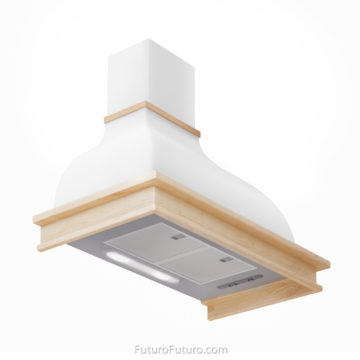
Credit: futurofuturo.com
Benefits Of Installing A Range Hood
Installing a range hood enhances kitchen ventilation and improves air quality. Massachusetts building codes often require range hoods for safety and compliance.
Enhanced Air Quality
A range hood helps keep the air clean. It removes smoke, grease, and odors from cooking. This is important for people with allergies or asthma. Clean air makes your home more comfortable. It also makes the kitchen a healthier place.
Increased Property Value
Adding a range hood can increase the value of your home. Many buyers look for this feature in a modern kitchen. It shows that the kitchen is well-equipped. This can make your home more attractive to buyers. A range hood is a good investment for any homeowner.
Common Misconceptions
Many believe Massachusetts building code mandates range hoods, but requirements depend on local regulations and specific building scenarios. It’s essential to check local codes to ensure compliance.
Myths About Range Hoods
Many people think that range hoods are always required by code. This is not true. In Massachusetts, the law does not always ask for them. Some believe that all kitchens must have a range hood. This is another myth. The truth is different.
Many small kitchens may not need a range hood. This depends on the type of stove. Electric stoves have different rules than gas stoves. The law also looks at how your kitchen is set up. These myths can confuse people. It is best to check the actual code for your area.
Clarifying Code Requirements
The code in Massachusetts is clear. Not all kitchens need a range hood. If you use a gas stove, a range hood might be required. This is to keep your home safe. Electric stoves have fewer rules about range hoods. Always check local rules to be sure.
Some homes have good ventilation. In these homes, a range hood may not be needed. The design of your kitchen matters. The size of the room and the type of stove are key. Always follow the code to keep your home safe.
Frequently Asked Questions
Is A Range Hood Mandatory In Massachusetts?
Yes, Massachusetts building code mandates a range hood for proper ventilation. It ensures safety and health standards in kitchens.
What Are The Range Hood Requirements In Massachusetts?
Massachusetts requires range hoods to vent outside, ensuring effective removal of smoke and odors. It must comply with local building codes.
Do All Kitchens In Massachusetts Need A Range Hood?
Yes, all residential kitchens must have a range hood to meet ventilation requirements. It’s crucial for air quality and safety.
Can I Use A Ductless Range Hood In Massachusetts?
Ductless range hoods are allowed but less effective. Massachusetts codes recommend vented hoods for better air quality and compliance.
Conclusion
Understanding the range hood requirements in Massachusetts is essential. Compliance ensures safety and meets state building codes. Research and consult professionals for accurate information. Proper installation of a range hood can enhance kitchen air quality. Stay informed and prioritize safety in your home.
